Baltimore Council Approves Income-Based Water Bills
Mayor is expected to sign measure tying water bills to household earnings.
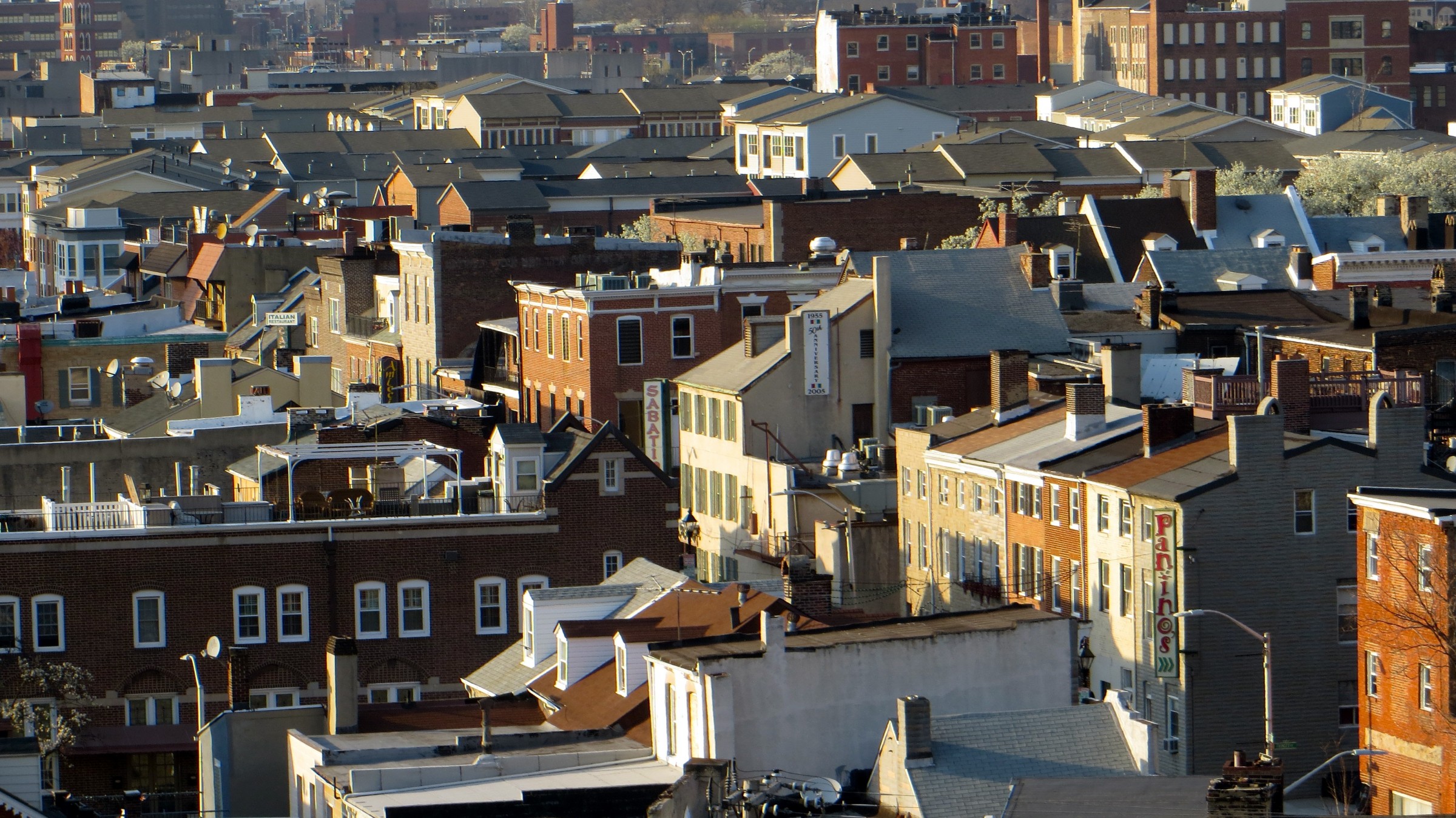
The Baltimore City Council approved wide-ranging legislation that addresses rising water bills, water debt, and billing disputes. Shown here is the Jonestown neighborhood in downtown Baltimore. Photo courtesy of Flickr/Creative Commons user ellenm1
By Brett Walton, Circle of Blue
The Baltimore City Council, in the face of rising water and sewer rates and public anger over billing errors, approved a discount program that ties monthly water bills for its poorest residents to their annual household income.
The wide-ranging legislation that authorizes the program also includes provisions to eliminate customer water debt and settle billing disputes.
“I am looking forward to signing this historic piece of water justice legislation,” Baltimore Mayor Jack Young said in a statement. Young introduced the bill last December when he was council president.
Baltimore officials earlier this year approved 9 percent annual water rate increases for the next three years. That’s after water rates more than doubled in the last decade, a result of the upkeep necessary to maintain an expansive and aging system. On the sewer side, the city is committed under a federal consent decree to spend $1.6 billion by 2030 to reduce sewage overflows and leaks.
The City Council’s bill is a direct response to these financial pressures. The bill orders the Department of Public Works and the Department of Finance to establish an income-based discount program called Water-For-All.
Income-based rates, which have been a feature of electric-utility billing for years, are rare for water utilities. Philadelphia was the first large U.S. city to institute an income-based rate, which its water department put in place in July 2017 after being ordered to do so by its City Council.
Baltimore residents and tenants who make less than 200 percent of the federal poverty level are eligible for the discount, which will be applied in three tiers.
The most assistance will be given to households earning less than 50 percent of the federal poverty level. The water and sewer bill for those households will be 1 percent of annual income. Those between 50 and 100 percent of the federal poverty level will pay 2 percent. And those between 100 and 200 percent, 3 percent.
The Department of Public Works did not support the legislation, expressing concerns about the cost of implementation and the need to overhaul its billing system.
Water-For-All will replace Baltimore’s current assistance program, which went into effect on July 1. It provides a 43 percent discount for households earning up to 175 percent of the federal poverty level. Customers below 50 percent of federal poverty level are eligible to receive an additional annual credit of $236.
The new discount program also provides a pathway for households to eliminate past-due balances. For each on-time payment made by a household enrolled in the program, a corresponding amount will be stricken from the debt it owes to the Department of Public Works.
In addition to the assistance program, the bill offers residents a forum for resolving concerns about the billing process. The Office of Water-Customer Advocacy and Appeals, to be housed in the Department of Public Works, is envisioned as a neutral party for investigating and intervening in billing disputes, service shutoffs, and customer complaints. The office’s administrator will be appointed by the mayor.
Brett writes about agriculture, energy, infrastructure, and the politics and economics of water in the United States. He also writes the Federal Water Tap, Circle of Blue’s weekly digest of U.S. government water news. He is the winner of two Society of Environmental Journalists reporting awards, one of the top honors in American environmental journalism: first place for explanatory reporting for a series on septic system pollution in the United States(2016) and third place for beat reporting in a small market (2014). He received the Sierra Club’s Distinguished Service Award in 2018. Brett lives in Seattle, where he hikes the mountains and bakes pies. Contact Brett Walton

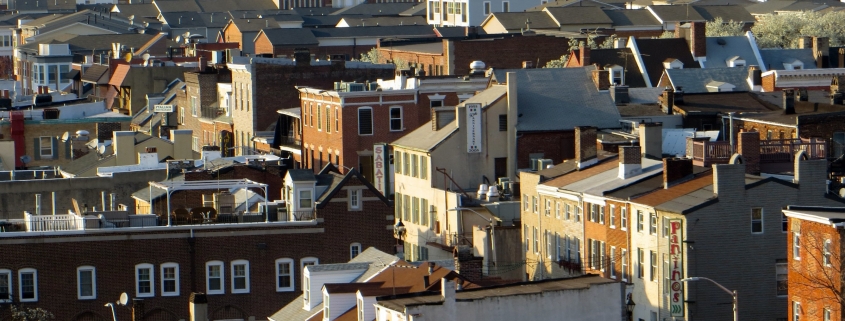


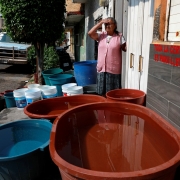

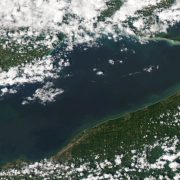

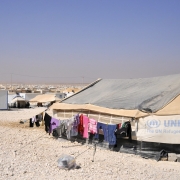


Problem: Water Usage Cost.
Give Owners or Property Owners Incentives to Upgrade.
Solutions to Reduce Water Usage
1. Reduce water pressure to about 40 PSI.
2. Low flow faucet aerators.
3. Low flow shower heads.
4. Toilets Energy Star rated.
5. Dish Washer upgrade to Energy Star.
6. Wash Machines to upgrade to Energy Star.
This will lower Water Usage 40% to 60%.
This also lower Electric or Gas Usage.
Recycle the items that were removed.
No one should go without Electricity, Gas or Water.
Give assistance as needed.
I have done the above in our house and
our Water Usage dropped 65%.
Electric Bill dropped 50KwHrs a month.
Good Luck to All Jack